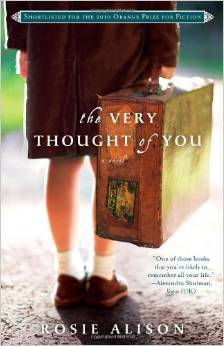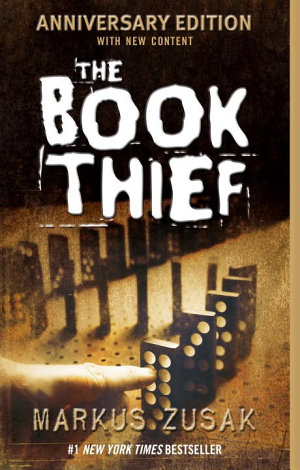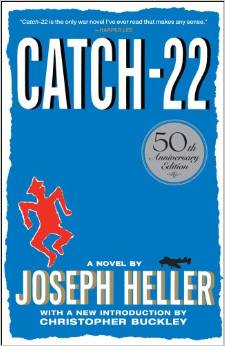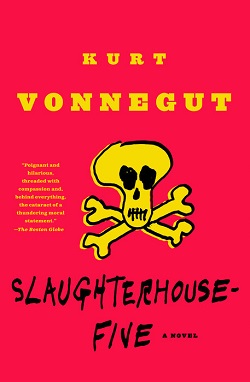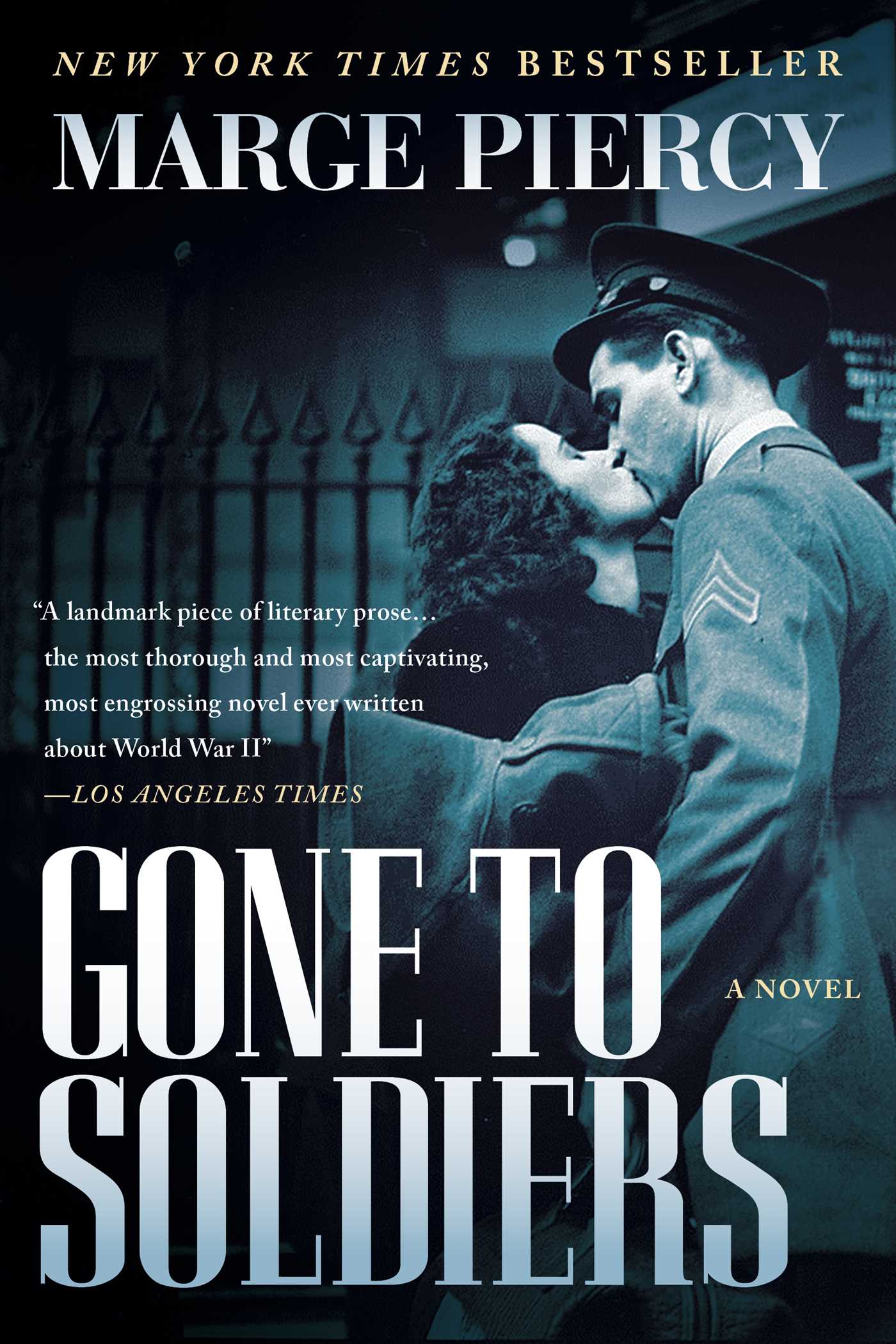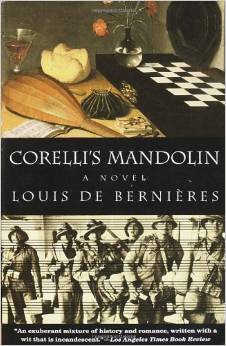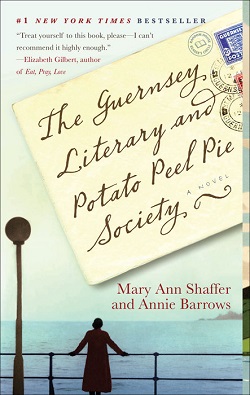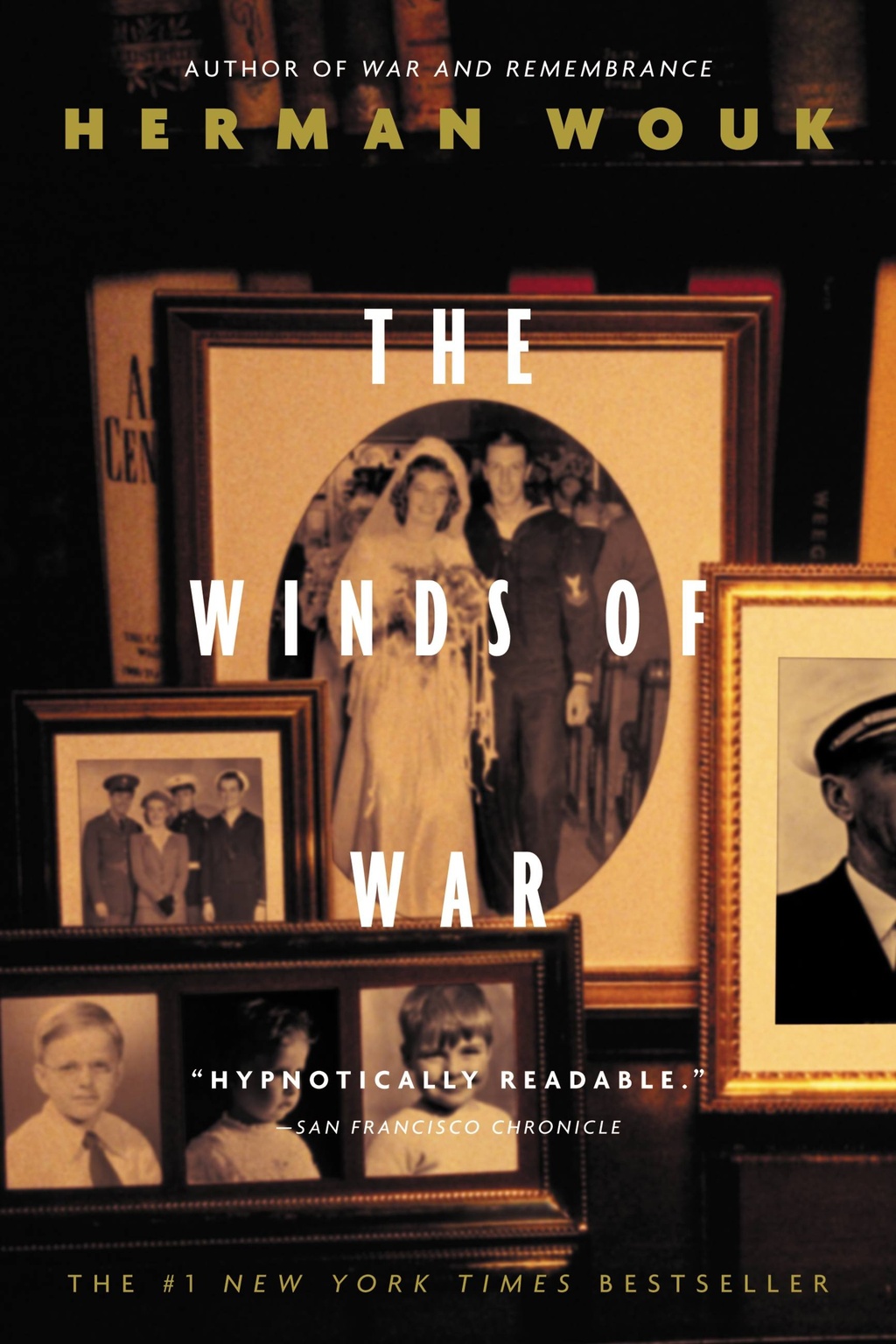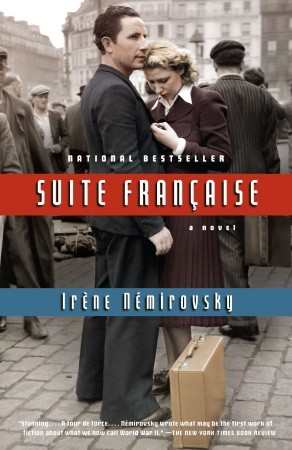From the front lines to the home front, there are as many stories written about WWII as there were stories lived. This is a sample of books that manage to slow the hurlyburly of war to strings of single moments that tell individual stories as unique as they are universal. Through the moments of these character’s lives you get the sweeping story of a war that changed the world.
Reading the War: 10 Novels Tell the Stories of WWII
England, 31st August 1939: Thousands of children are evacuated from London to escape the impending Blitz. Torn from her mother, eight-year-old Anna Sands is sent to a large Yorkshire estate, the home of The Ashtons, an enigmatic, childless couple. Soon Anna gets drawn into their unraveling relationship, seeing things she should not and finding herself part-witness and part-accomplice to a love affair with unforeseen consequences. A story of longing, loss, and complicated loyalties, combining a sweeping narrative with subtle psychological observation, this is not just a love story but a story about love.
England, 31st August 1939: Thousands of children are evacuated from London to escape the impending Blitz. Torn from her mother, eight-year-old Anna Sands is sent to a large Yorkshire estate, the home of The Ashtons, an enigmatic, childless couple. Soon Anna gets drawn into their unraveling relationship, seeing things she should not and finding herself part-witness and part-accomplice to a love affair with unforeseen consequences. A story of longing, loss, and complicated loyalties, combining a sweeping narrative with subtle psychological observation, this is not just a love story but a story about love.
MENTIONED IN:
It is 1939. Nazi Germany. The country is holding its breath. Death has never been busier, and will become busier still. Liesel Meminger is a foster girl living outside of Munich, who scratches out a meager existence for herself by stealing when she encounters something she can’t resist–books. With the help of her accordion-playing foster father, she learns to read and shares her stolen books with her neighbors during bombing raids as well as with the Jewish man hidden in her basement.
It is 1939. Nazi Germany. The country is holding its breath. Death has never been busier, and will become busier still. Liesel Meminger is a foster girl living outside of Munich, who scratches out a meager existence for herself by stealing when she encounters something she can’t resist–books. With the help of her accordion-playing foster father, she learns to read and shares her stolen books with her neighbors during bombing raids as well as with the Jewish man hidden in her basement.
MENTIONED IN:
The classic satire is the story of Captain John Yossarian who, hoping to escape deadly combat flights, must struggle with the equally deadly bureaucracy of the Army: a man is considered insane if he is willingly continues to fly dangerous combat missions, but if he makes a formal request to be removed from duty, he is proven sane and therefore ineligible to be relieved.
The classic satire is the story of Captain John Yossarian who, hoping to escape deadly combat flights, must struggle with the equally deadly bureaucracy of the Army: a man is considered insane if he is willingly continues to fly dangerous combat missions, but if he makes a formal request to be removed from duty, he is proven sane and therefore ineligible to be relieved.
MENTIONED IN:
The absurdist tale of Billy Pilgrim -- an American prisoner of war who witnesses the firebombing of Dresden -- and his odyssey through time has become a classic of anti-war fiction and reading lists everywhere.
The absurdist tale of Billy Pilgrim -- an American prisoner of war who witnesses the firebombing of Dresden -- and his odyssey through time has become a classic of anti-war fiction and reading lists everywhere.
MENTIONED IN:
A stunning novel based on the true story of how German war profiteer and factory director Oskar Schindler came to save more Jews from the gas chambers than any other single person during World War II. Keneally used the actual testimony of the Schindlerjuden—Schindler’s Jews—to brilliantly portray the courage and cunning of a man choosing to do good in the midst of unspeakable evil.
A stunning novel based on the true story of how German war profiteer and factory director Oskar Schindler came to save more Jews from the gas chambers than any other single person during World War II. Keneally used the actual testimony of the Schindlerjuden—Schindler’s Jews—to brilliantly portray the courage and cunning of a man choosing to do good in the midst of unspeakable evil.
In a stunning tour-de-force, Marge Piercy has woven a tapestry of World War II, of six women and four men, who fought and died, worked and worried, and moved through the dizzying days of the war. An unforgettable reading experience and a stirring tribute to the remarkable survival of the human spirit.
“More than 750 pages long, GONE TO SOLDIERS can definitely be intimidating, and I knew when I picked up this novel that it would need to be extraordinary in order to hold my attention for a few weeks. Thankfully, I was not disappointed.”
MENTIONED IN:
Pelagia, a willful, beautiful young woman is caught between two suitors vying for her love: Mandras, a gentle Greek fisherman turned ruthless guerilla, and the charming, mandolin-playing Captain Corelli, a reluctant officer of the Italian garrison on the island. Rich with loyalties and betrayals, and set against a landscape where the factual blends seamlessly with the fantastic, this is a passionate novel as rich in ideas as it is genuinely moving.
Pelagia, a willful, beautiful young woman is caught between two suitors vying for her love: Mandras, a gentle Greek fisherman turned ruthless guerilla, and the charming, mandolin-playing Captain Corelli, a reluctant officer of the Italian garrison on the island. Rich with loyalties and betrayals, and set against a landscape where the factual blends seamlessly with the fantastic, this is a passionate novel as rich in ideas as it is genuinely moving.
MENTIONED IN:
“I wonder how the book got to Guernsey? Perhaps there is some sort of secret homing instinct in books that brings them to their perfect readers.” January 1946: London is emerging from the shadow of the Second World War, and writer Juliet Ashton is looking for her next book subject. Who could imagine that she would find it in a letter from a man she’s never met, a native of the island of Guernsey, who has come across her name written inside a book by Charles Lamb….
“I wonder how the book got to Guernsey? Perhaps there is some sort of secret homing instinct in books that brings them to their perfect readers.” January 1946: London is emerging from the shadow of the Second World War, and writer Juliet Ashton is looking for her next book subject. Who could imagine that she would find it in a letter from a man she’s never met, a native of the island of Guernsey, who has come across her name written inside a book by Charles Lamb….
MENTIONED IN:
Herman Wouk's sweeping epic of World War II, which begins with The Winds of War and continues in War and Remembrance, stands as the crowning achievement of one of America's most celebrated storytellers. Like no other books about the war, Wouk's spellbinding narrative captures the tide of global events - and all the drama, romance, heroism, and tragedy of World War II - as it immerses us in the lives of a single American family drawn into the very center of the war's maelstrom.
Herman Wouk's sweeping epic of World War II, which begins with The Winds of War and continues in War and Remembrance, stands as the crowning achievement of one of America's most celebrated storytellers. Like no other books about the war, Wouk's spellbinding narrative captures the tide of global events - and all the drama, romance, heroism, and tragedy of World War II - as it immerses us in the lives of a single American family drawn into the very center of the war's maelstrom.
As Parisians feel the city on the eve of the Nazi occupation, human folly surfaces in every imaginable way: a wealthy mother searches for sweets in a town without food; a couple is terrified at the thought of losing their jobs, even as their world begins to fall apart and in a provincial village, occupied by German soldiers, the locals must learn to coexist with the enemy—in their town, their homes, even in their hearts. After she was deported to Auschwitz, where she died, Irène Némirovsky brilliant book was hidden for sixty-four years.
As Parisians feel the city on the eve of the Nazi occupation, human folly surfaces in every imaginable way: a wealthy mother searches for sweets in a town without food; a couple is terrified at the thought of losing their jobs, even as their world begins to fall apart and in a provincial village, occupied by German soldiers, the locals must learn to coexist with the enemy—in their town, their homes, even in their hearts. After she was deported to Auschwitz, where she died, Irène Némirovsky brilliant book was hidden for sixty-four years.

